Banning Bottom Trawling Could Lead to Higher Carbon Footprints As Consumers Seek Alternatives
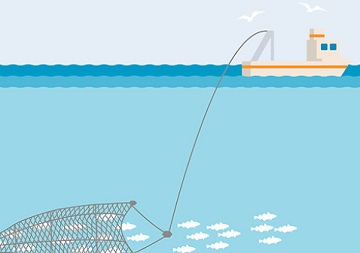
Banning demersal trawling would lead to higher CO2 emissions as consumers switch to more protein produced on land, according to a new scientific paper. Writing in the ICES Journal of Marine Science, researchers agree that demersal trawling can be highly destructive when not managed well, but when stocks are overfished, this is usually due to poor management. The scientists led by Prof Ray Hilborn at the University of Washington and involving researchers at Heriot-Watt and Bangor universities used relative benthic status to measure the impact of trawling on the seabed. The authors note that catching fish in the ocean “uses no pesticides or fertilizer, almost no fresh water, and no antibiotics”. >>click to read<< 09:20

































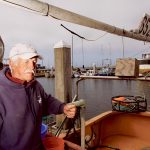
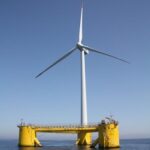




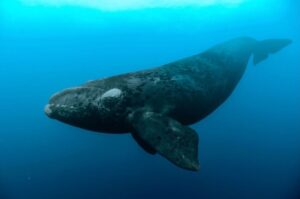
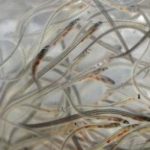
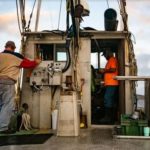


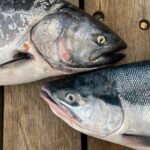



Leave a Reply